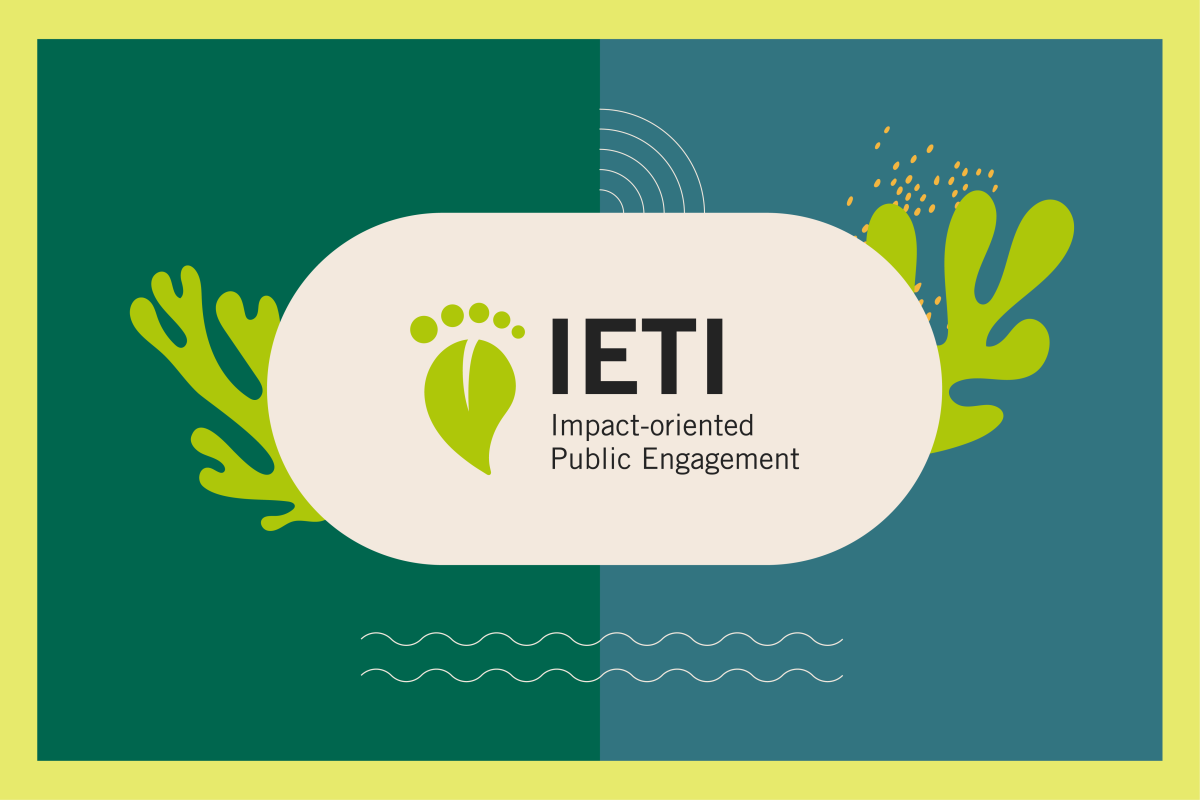To face upcoming global, environmental and societal challenges we need to create impactful exchange and interactions between science and society. IETI - Impact-oriented Public Engagement - aims to increase the quality and efficiency of the Museum für Naturkunde Berlin’s Public Engagement, thus contributing to its academic, societal and environmental impact.
The IETI-project combines participatory approaches, impact planning and assessment methodologies to design maximum impact that align with societal and environmental impact goals. The project's research and practice are divided into three work packages.
In Work Package 1, Concept & Contexts, we map relevant stakeholders and Public Engagement initiatives of the Museum für Naturkunde Berlin, display motivations, needs, barriers and challenges regarding Public Engagement, co-define relevant science-society concepts and models, and understand their interrelations.
Work Package 2, Impact Planning & Assessment, focuses on identifying impact goals and indicators from MfN’s Public Engagement initiatives and departments, building an impact model, and establishing a research methodology that evaluates the impact of the museum’s Public Engagement initiatives.
In Work Package 3, Culture Change & Co-creation, we will deliver activities that contribute to maximise the Museum’s Public Engagement impact, create an Impact & Project sustainability workshop series, Public Engagement co-creation accelerators, as well as reward and incentivize Public Engagement.
IETI will generate multiple outputs from research and practice, concepts and recommendations on how to optimise the impact of the Museum für Naturkunde Berlin, several impact and culture change initiatives, practice reports for Public Engagement practitioners and professionals, and research articles for the academic community.
The project’s work is aligned with the UN Sustainable Development Goals 14 (Life Below Water) & 15 (Life on Land).
IETI is funded by the Federal Ministry of Education and Research (BMBF).

